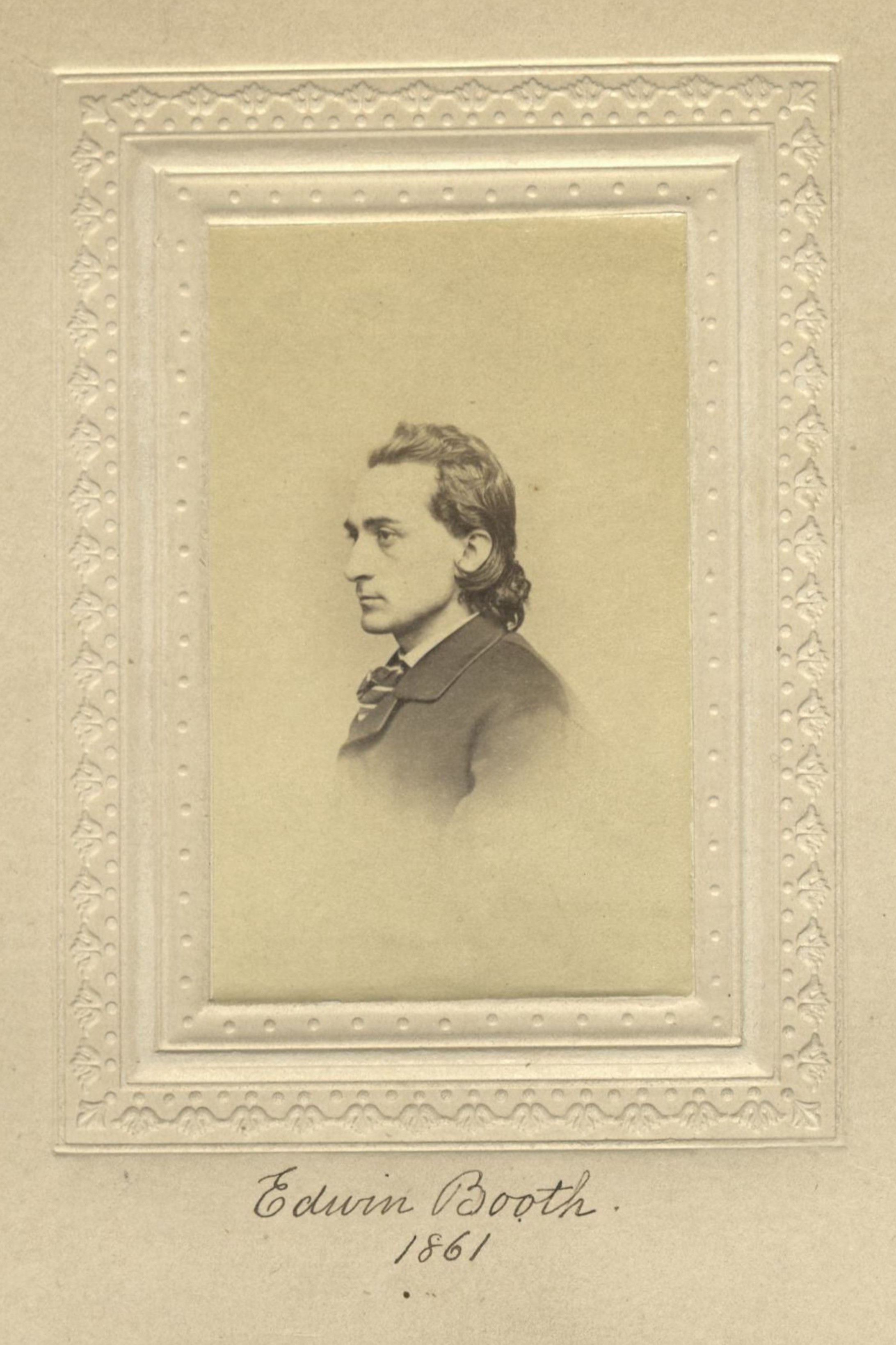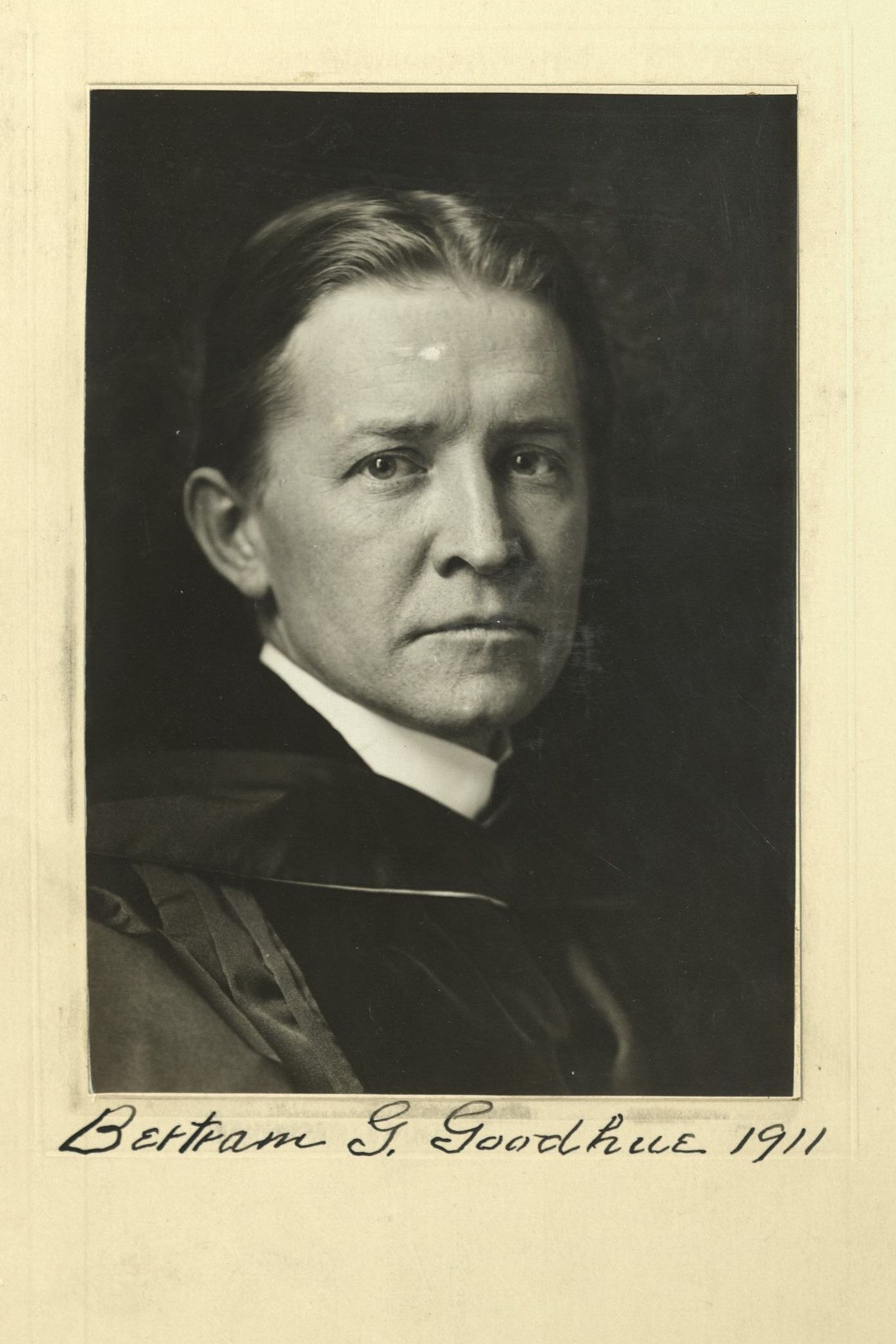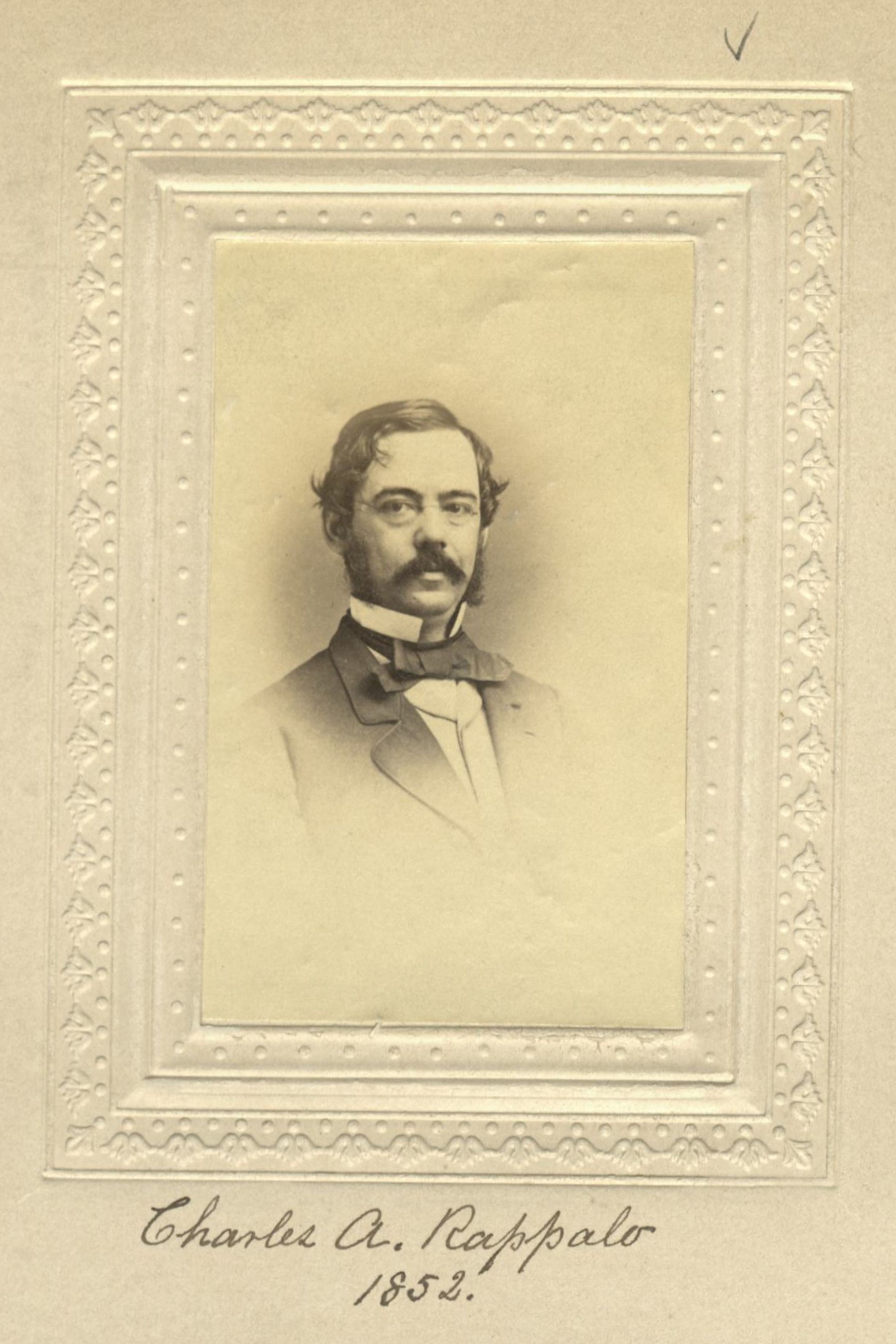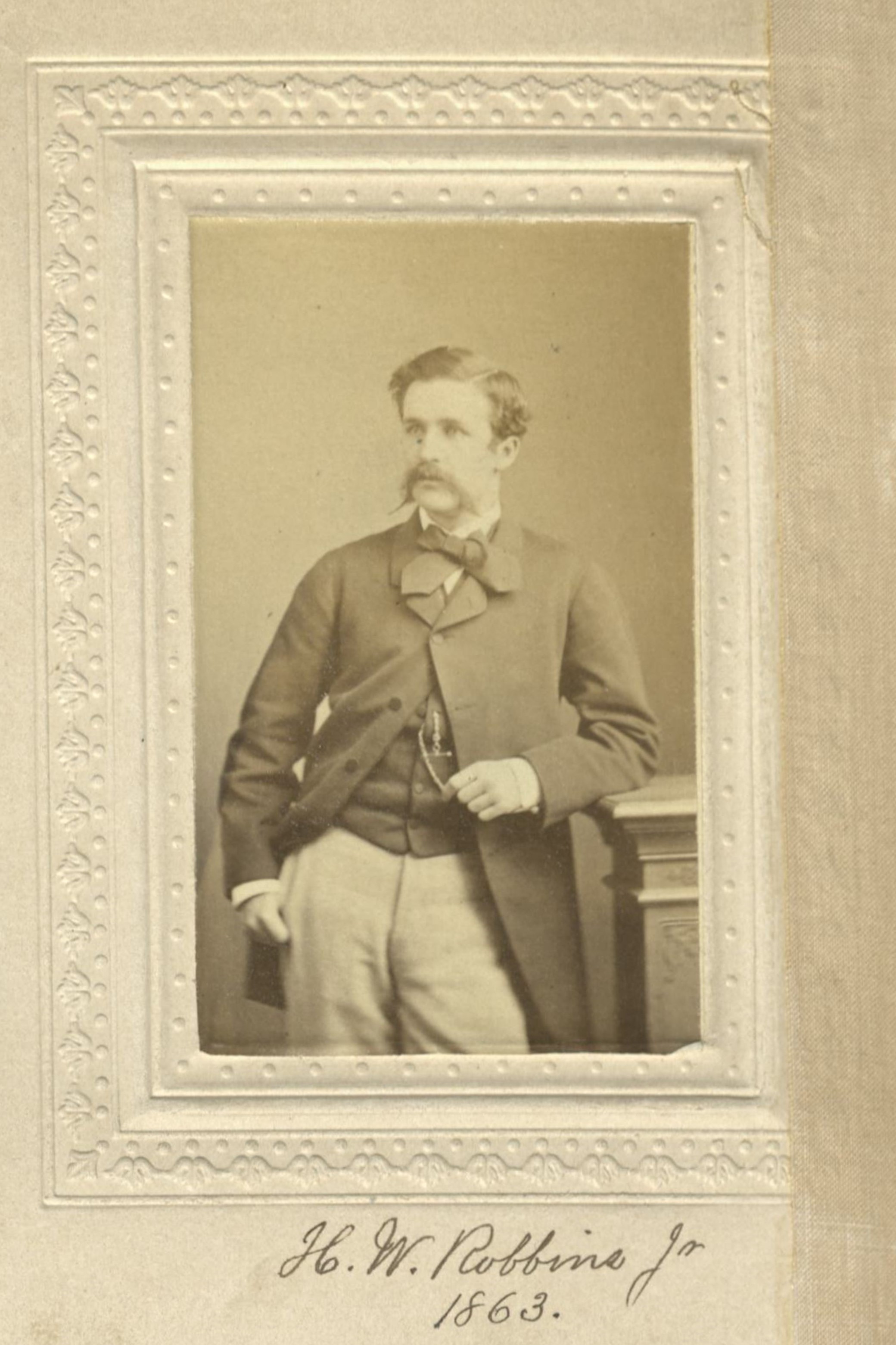Member Directory,
1847 - 1922
Harold G. Henderson
Lawyer
Centurion, 1888–1926
Charles A. Rapallo and Horace W. Robbins
New York (Manhattan), New York
New York (Manhattan), New York
Age thirty
Brooklyn, New York

Century Memorial
Harold Gould Henderson was one of the first hundred to be elected to The Players Club, having been proposed by John Drew and James Lewis, and he was therefore one of the few survivors of the group which gathered at midnight on the last day of 1888 to hear the Founder [Edwin Booth] read the Deed of Gift. When he was in town and when his health permitted, he was always present on Founder’s Night and then, as whenever else he visited the club, he was always affectionately received by his fellow-members. He had an engaging personality, an unusual gift for friendship.
While in college he was closely associated with George Riddle, for whom he sometimes acted as understudy and whose place in the Harvard faculty he was asked to take when Riddle resigned—an offer he thought it best not to accept. During eight or ten years thereafter he practised his profession of law, giving it up only when failing health forced him to go abroad for a long vacation. Wherever he went he was diligent in study of the drama and of the art of acting, paying special attention to the delivery of verse and to diction. His voice was as well-trained as his ear and memory, and only two months before he left us he recited Julius Caesar to an admiring group of his friends at Onteora. He was often called upon to advise less experienced speakers and to impart intelligent understanding of the basic principles.
In his enforced leisure, Henderson became an expert in Japanese art, especially in engravings and in pottery, and in time his knowledge and his discrimination enabled him to gather a truly representative collection of Japanese prints. But his labor of love did not lead him to relax his interest in the theatre. He saw all the outstanding actors and actresses of the past half century; his recollections of their methods and of their several characteristics were as rich as they were illuminating. The last time he went to the play was to enjoy the Players’ revival of Henry IV and, although with his failing sight he could not distinguish the faces or even the movements on the stage, his ear brought him the message of the play, and he was enthusiastic in expressing his relish of the exuberant humor, the convincing by-play, of the Falstaff of our own accomplished fellow-member [Otis Skinner].
Alexander Dana Noyes
1927 Century Association Yearbook




